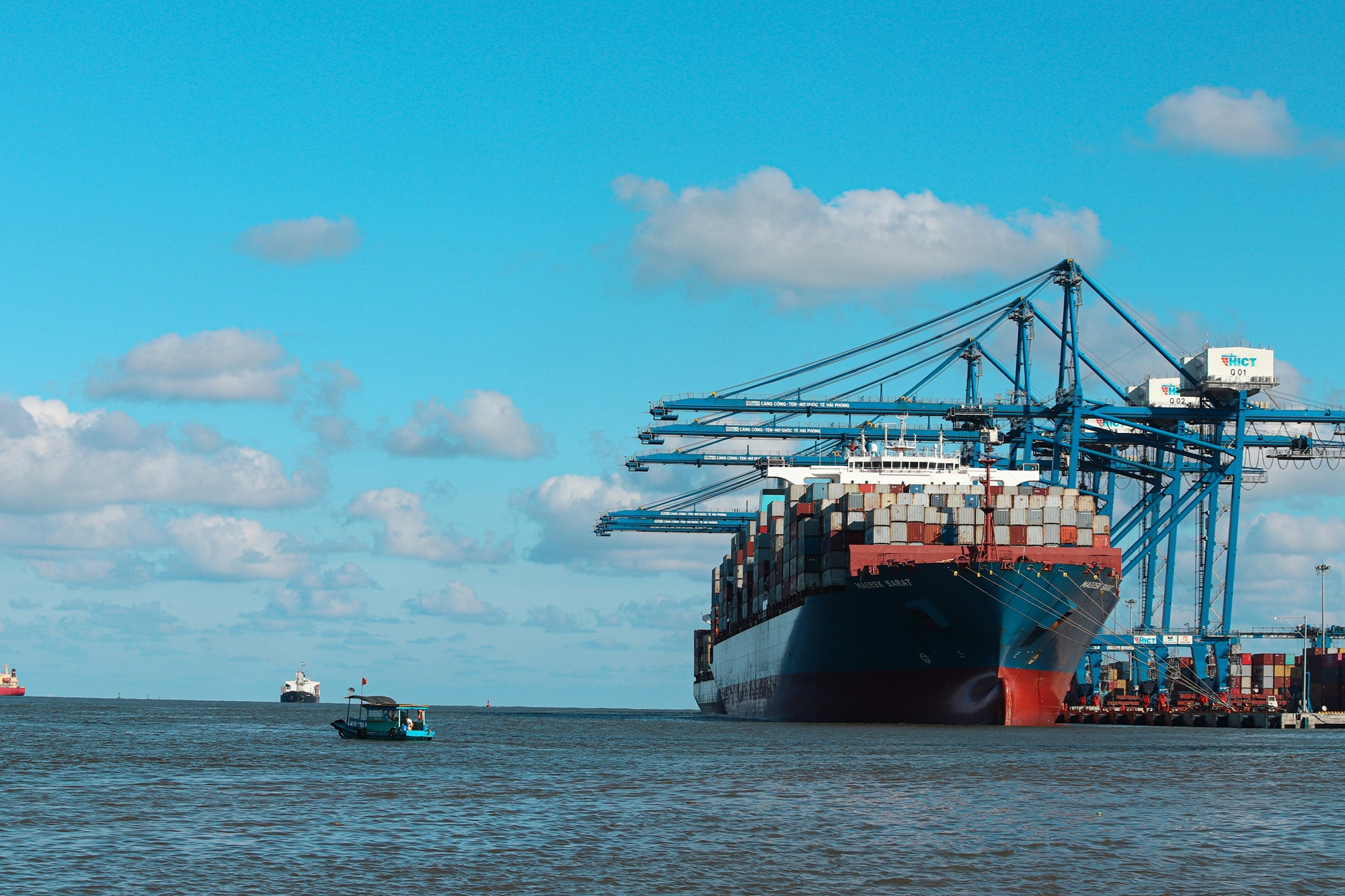As UK retailers receive a surge in orders brought by the January sales, logistics providers have stepped up to meet the challenge. Essex-based haulage and warehousing specialists, Thames Group, are confident the sector will efficiently meet demands.
According to the UK Office for National Statistics, January 2024 retail sales volumes had a 3.4% rise following a record fall of 3.3% in December 2023. With more consumers seeking price drops in sales seasons, retail businesses are looking to take advantage of this opportunity face higher demands with their post-Christmas logistics. During this busy month for the logistics sector, Thames Group has emphasised the importance of meeting time-sensitive distribution requirements to help maximise profits.
“We understand how crucial efficient distribution is during the January sales season. Retailers are under immense pressure to sell stock quickly, and an attentive logistics provider can ensure goods are delivered in full and on time, for bargain-hunting customers” says Daniel Treadwell, Managing Director of Thames Group.
With the January sales being such an important time of year for retail, especially in light of rising sales figures, reliably fulfilling time-sensitive orders is key for meeting rising distribution demands.
To handle the increased workload, Thames Group and their sector are implementing strategic measures including the optimisation of fleet loads, organising return loads and operating on a 24-hour basis.
“Our varied fleet and flexible approach allow us to tailor our services to meet the unique needs of each client. From time-sensitive deliveries to handling large volumes, our team is committed to providing reliable and cost-effective solutions – such as ensuring our retail sector have ample stock for a bumper January 2025 sale” adds Treadwell.
Established in 1977, Thames Group are an Essex-based company that specialises in haulage and warehousing. The family-owned business prides itself on bespoke and efficient distribution services when delivering goods across the nation.
Their varied fleet of vehicles, from light vans to 44 tonne articulated heavy goods lorries, operate on a flexible basis – providing options for last-mile, one-way and 24-hour distributions. “As retail peak season is well under way, our priority is to enable seamless operations for our clients and exceed the expectations of their customers. We’re excited to be helping businesses make the most from their January sales and seeing some of the amazing deals that are on offer across UK stores!” concludes Treadwell.
similar news



